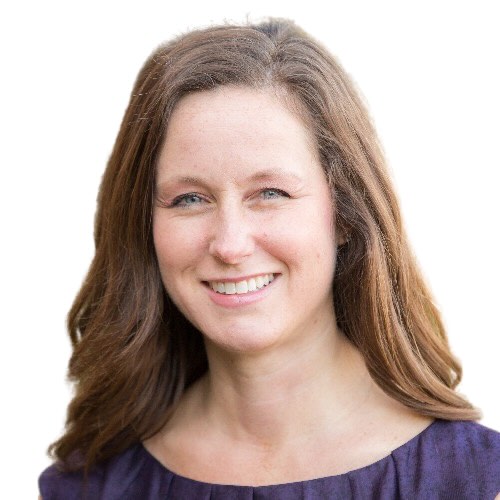<< Return to main page
Here's a list of old episodes in date order! There have been some great conversations so feel
free to binge them all!
CPO Stories | Top Episodes | Influencers | Authors | Product Discovery | Product Design | Product Marketing | Product Leadership | Diversity & Inclusion | Product Ethics | Hot Takes | All Episodes
Episode 201 - Knowing your Customers, Seeking Evidence and Sticking up for Continuous Discovery (with Hope Gurion, Product Leader and Team Coach @ Fearless Product)
Episode 201: Knowing your Customers, Seeking Evidence and Sticking up for Continuous Discovery
Hope Gurion, Product Leader and Team Coach @ Fearless Product
About the Episode
Hope Gurion is a seasoned product coach and one of Marty Cagan's recommendations from his new book, "Transformed". Hope also works closely with Teresa Torres, teaching continuous discovery, as well as working directly with incoming product leaders to help them make an impact in their organisations. We spoke all about knowing your customers, gathering evidence, and whether continuous discovery is really a threat to user researchers.
Episode highlights:
1. Product coaching is more than just being there to ask good questions
When working with incoming product leaders, potentially without a product background at all, it's important to have a coach who has product experience who can help you identify your weaknesses, assess the state of play and provide actionable advice. Ultimately, it's important to empower the coachee.
2. It's really hard to make decisions if you have no idea who your customers are
It's important to define who your target customer is and what are their key attributes. This could be demographics, firmographics or whatever characteristics you need to know who you most need to learn from to calibrate your decisions as a product team. But, too many product teams end up resorting to proxies in other functions who "know the customers".
3. Many leaders are overconfident, but evidence is everything
Some people are just naturally confident about everything and can react badly if their ideas are challenged. But, as product people, we absolutely need to look beyond innate confidence and work out what informed the perspective. Which customers are we basing it on? Can I speak to some of those customers? It's not about trashing people's ideas but moving forward with confidence.
4. It's important to get comfortable with making bets and understanding the difference between one-way and two-way-door decisions
Sometimes teams get stuck into cycles of trying to do "perfect research", possibly because they're afraid that they're only going to get one shot at it. This means that they end up not making any moves at all, and everyone ends up getting frustrated at the amount of time product teams take to do anything.
5. Continuous discovery is about removing as many blind spots as possible and probably isn't responsible for mass user research lay-offs
All teams have an imperfect understanding of their product, the pain points associated with their product and their customers. Continuous discovery helps address this by removing blind spots but doesn't aim for perfection - simply evidence about how to make your next move. Is it contributing to user researcher lay-offs? It feels difficult to argue this when it feels like the majority of companies don't do any user research in the first place. User researchers and continuous discovery can co-exist.
Contact Hope
You can catch up with Hope at Fearless Product or follow her on LinkedIn.

Related episodes you should like:
- Build What Matters with Vision-Led Product Management (Rajesh Nerlikar, Author "Build What Matters")
- Servitising Product Management & Setting Up Product Teams For Success (Jas Shah, Product Consultant)
- Putting Customers at the Heart of your Product Decisions (Hubert Palan, Founder @ Productboard)
- Selling Product Thinking by Influencing Companies at the Right Time (Anthony Marter, Product Coach)
- Build High Growth Products by Following the Product Science Success Path (Holly Hester-Reilly, Founder @ H2R Product Science)
- Getting into the Habit of Continuous Discovery (Teresa Torres, Author "Continuous Discovery Habits")
- Adventures in Product Management (Dan Olsen, Author "The Lean Product Playbook")
- Data-Informed Decision Making and the Three Cs of Product Management (Roger Snyder, VP of Products & Services @ 280 Group)